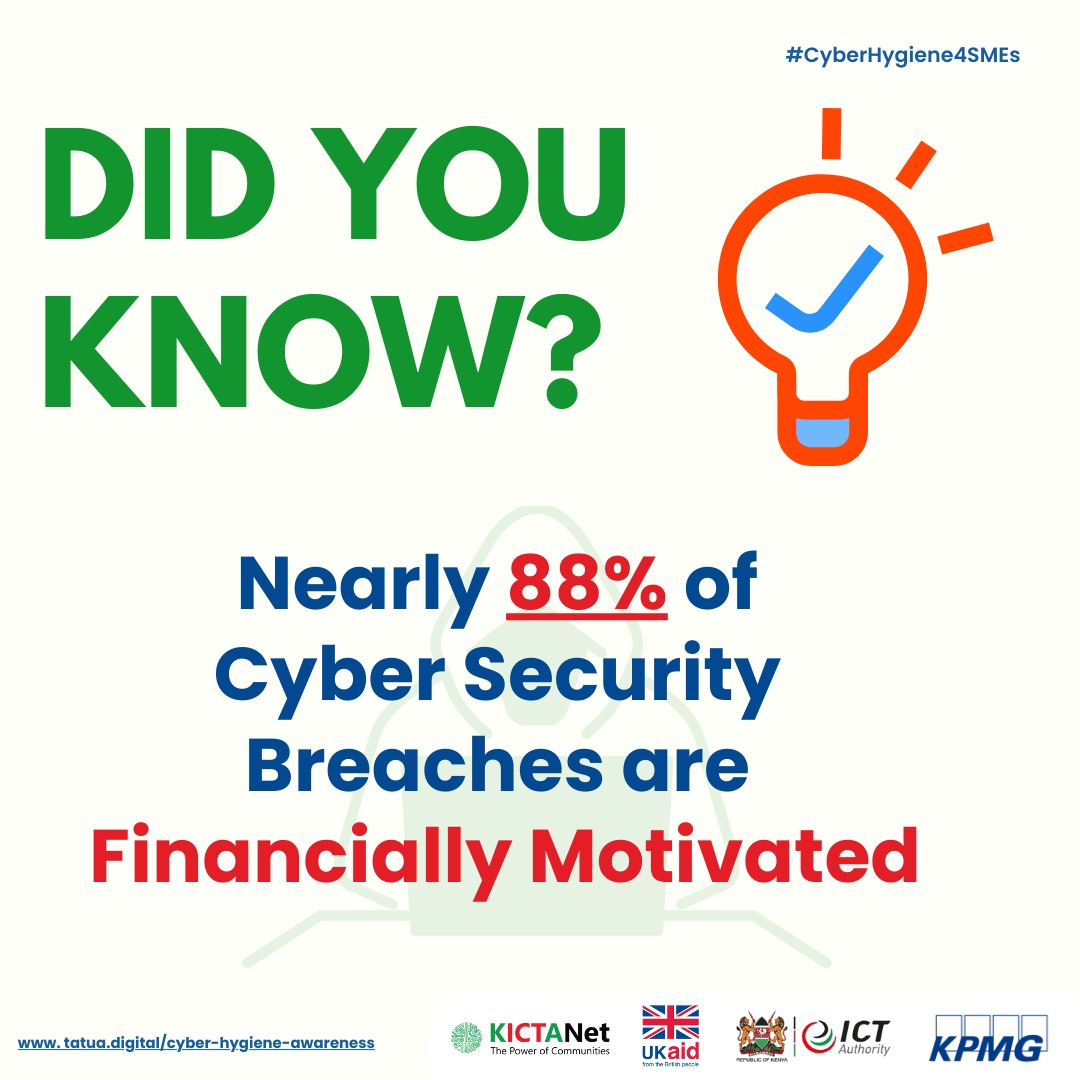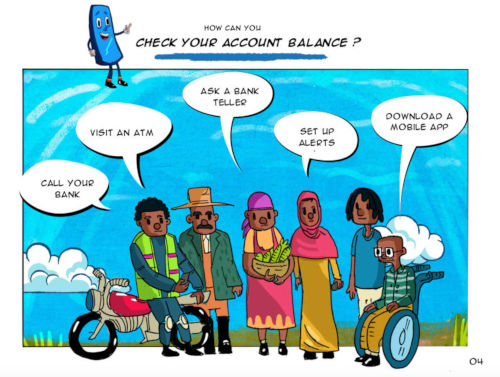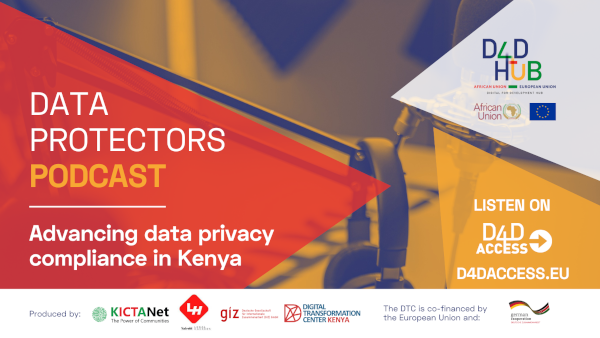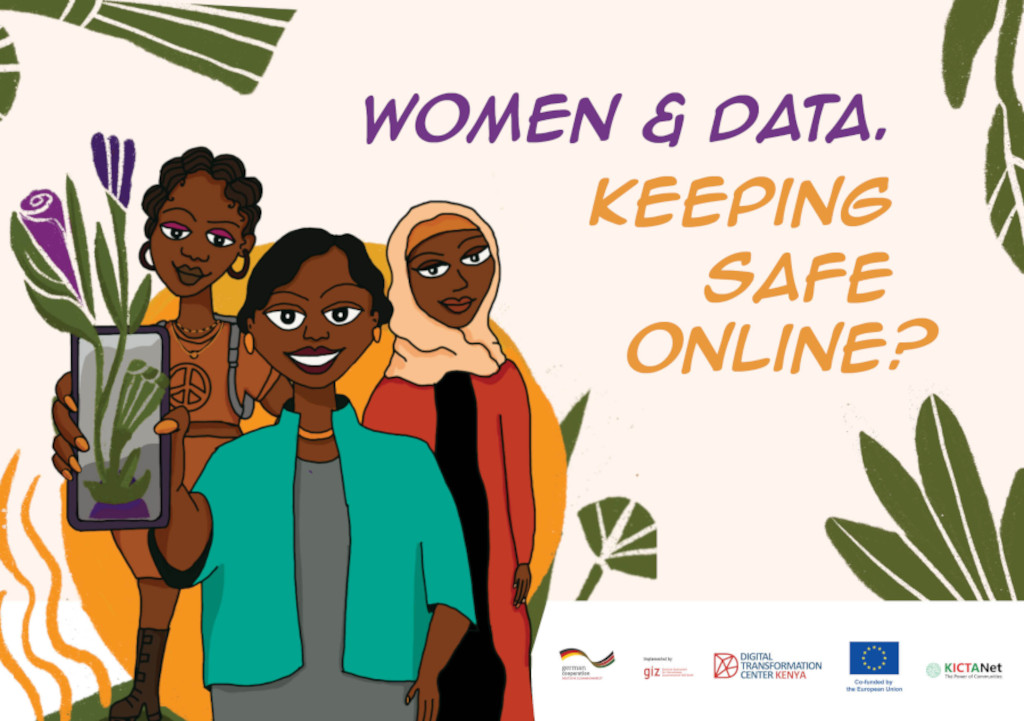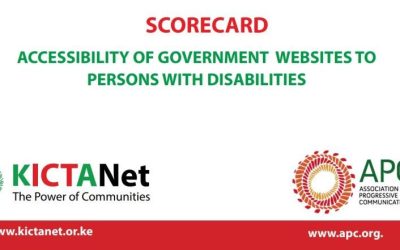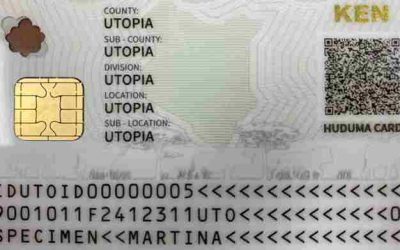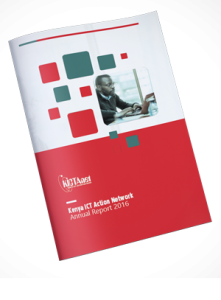KICTANET POST : Latest news, events & opportunities
Election Integrity in Kenya: Countering Misinformation for a Strong Democracy
In the fast-paced and interconnected world of technology, misinformation has become a pervasive threat, and no sphere is immune, including the political landscape. In the wake of the August 2022 General Elections in Kenya, the impact of misinformation and...
Kenya’s Government Services Digitization: What’s Next?
Kenya’s government has digitized over 5,000 public sector services, providing convenience and cost reduction to citizens. However, the next step is to focus on data governance and breaking down departmental data silos.
![]()
Kuhusisha Watu Walio na Ulemavu Kwenye Mtandao
KICTANet, shirika la kijamii, limekuwa mstari wa mbele katika kuhamasisha ushiriki wa watu wenye ulemavu kwenye mitandao. Mwamko huu umetokana na malengo ya shirika hili, ambayo ni pamoja na kuangazia sera za mawasiliano na mifumo ya kidijitali, utetezi wa haki,...
Challenges of Spectrum Access in Africa
In the previous blogs, we delved deeper into the radio spectrum, which is the range of frequencies allocated for transmitting wireless signals. It includes the radio frequency spectrum used for various communication technologies, such as television, radio, cellular...
Safaricom Held Liable for Customer’s Loss in M-PESA Fraud Case: Implications and Reactions
Safaricom, a leading telecommunications company in Kenya, has faced legal challenges from customers who lost funds in M-PESA and M-Shwari accounts. In a recent case, the High Court upheld a ruling that Safaricom was liable for a customer’s loss of KES 751,680 due to a...
Kenya’s Affordable Housing: Great Idea, Poor Execution
By John Walubengo The affordable housing project, started by the previous Uhuru administration and accelerated and pushed by the current President Ruto’s administration, is, believe it or not, a good initiative. No one disputes the fact that the housing or real estate...
KeIGF 2023 Takeaways: Harnessing the Power of AI & Emerging Technologies
By Egline Samoei On 22, June 2023 KICTANet, held their 16th Edition of Kenya Internet Governance Forum 2023 themed The Internet We Want-Empowering All Kenyan People. One of the sessions for this year’s forum was a fireside chat on harnessing the power of artificial...
Report on Accessibility of Government Websites: How You Can Use It
In today's digital age, government websites and digital services must be accessible to ensure all citizens have equal access to information and services. A report by the Digital Access Fellowship that was recently published revealed the present state of accessibility....
Is The Huduma Namba Back?
By John Walubengo Previously known as ‘Huduma Namba’ under the then-President Uhuru administration, it seems this project is back. Even though the Cabinet Secretary for ICT, Mr Eliud Owallo keeps reminding us that it is a different project altogether and prefers...
KICTANet is a multi-stakeholder Think Tank for ICT policy and regulation. The Think Tank is a catalyst for reform in the Information and Communication Technology sector. Its work is guided by four pillars of Policy Advocacy, Capacity Building, Research, and Stakeholder Engagement.
KICTANet’s mission is to promote an enabling environment in the ICT sector that is robust, open, accessible, and rights-based through multistakeholder approaches.
During the 2022 – 2024 strategic period, KICTANet has prioritised the promotion of effective multistakeholder participation; an enabling legal, policy and regulatory environment; building capacities and empowered communities; and institutional strengthening. KICTANet’s guiding philosophy encourages synergies in ICT policy-related activities and initiatives. As such, the network provides mechanisms and a framework for continuing cooperation, engagement and collaboration in ICT matters among industry, technical community, academia, media, development partners, civil society and government.
_____
Strategic Priority.
- Convening power. To strengthen and promote engagement, collaboration and relationships with relevant stakeholders (state, business and non-state actors).
- Promoting an enabling environment. To catalyse policy, legislative and regulatory reforms in the ICT sector.
- Building capacities and empowered communities. To build the capacity of the stakeholders across government, business society and civil society and the citizens.
- Institutional strengthening.
The report outlines the work undertaken in between 2007 and 2016 which is underpinned by crowd sourcing and community engagement
Click here to download the report
FACTS AND FIGURES
Achievement of the Network over the Years
Publications
Thought Leadership Forums
Persons trained
Policy Interventions
Conversations in KICTANET listserv
Active listers contributing often
Different conversation threads
Impressions on ICT policy discussions
Our Pillars
KICTANet’s organisational strategy:
Policy Advocacy
Capacity building
Research
Stakeholder engagement
We facilitate stakeholder engagement through collaborative initiatives in face-to-face Town Hall meetings, and in the KICTANet?s interactive mailing list where multiple stakeholders engage regularly on ICT policy issues.


